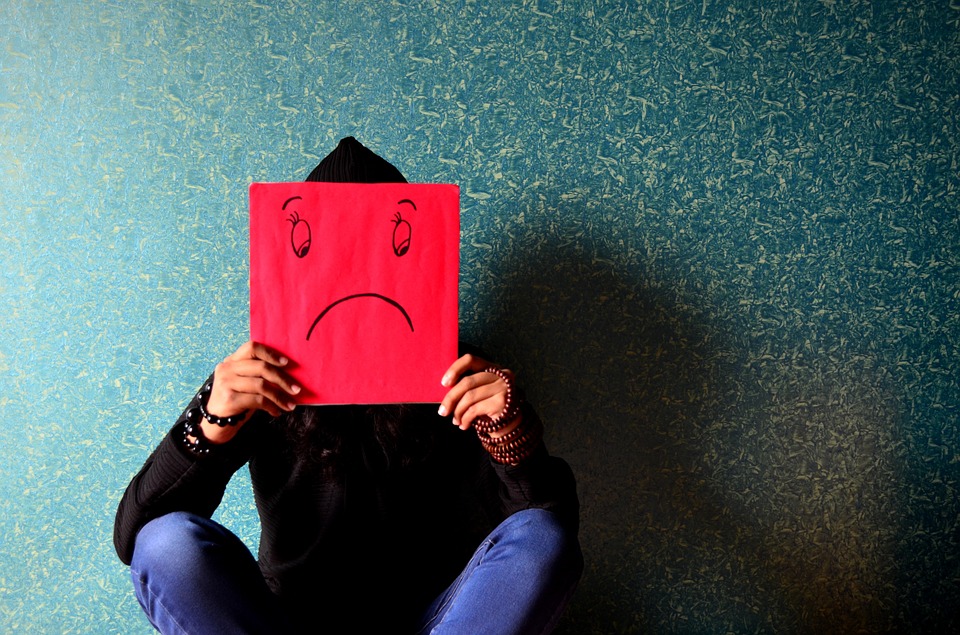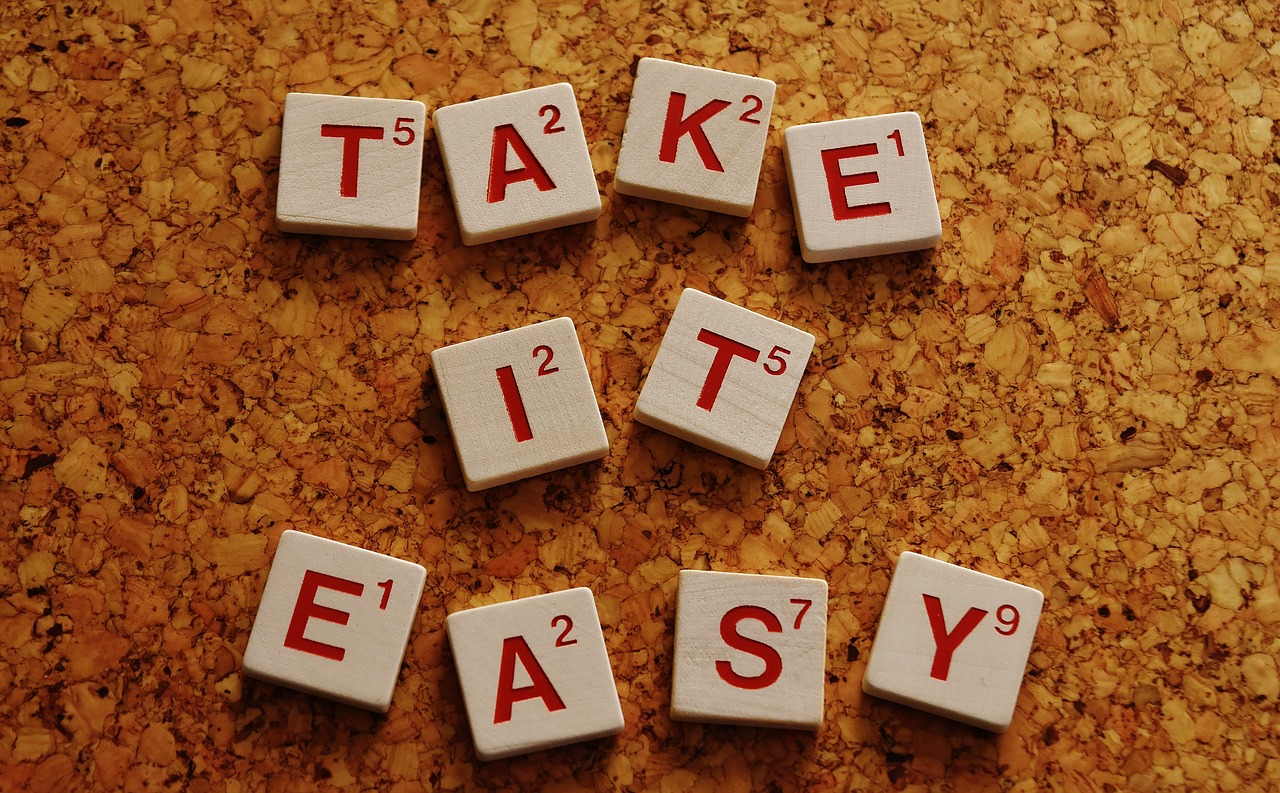A Review of the Best Books on Depression

With so many books on depression, it’s tough to weed through them to determine which ones you want to dedicate your time reading. We have done the research for you by compiling what we believe are the best books on depression.
We made an effort to provide some variety, so that everyone can find a book that speaks to them. Our collection includes workbooks which allow the reader to actively address the symptoms of depression, an author’s personal account of depression, and others that discuss depression in general.
Depression is a general term that is commonly used to describe the experience of feeling down, sad, or blue. This is how the general public sees depression, but true depression is a diagnosable and treatable psychiatric disorder. Depression differs from grief, in that there is no specific loss or precipitating factor to trigger the symptoms, though unresolved grief can turn into depression when it doesn’t resolve normally.

Incidence of Depression
Approximately one in 6 adults will suffer from depression at some point in their lifetime. Symptoms of depression usually develop in the late teens or early adulthood. The following symptoms, adapted from the Diagnostic and Statistical Manual of Mental Disorders (DSM-V), are commonly seen in individuals with Major Depressive Disorder.
The DSM-V is the professional reference that mental health providers use for diagnosing depression and other mental health disorders. While these symptoms and behaviors of depression are commonly observed in people with depression, not everyone will experience all of them.
If you are wondering whether you could be suffering from depression, there are online quizzes to help you get a general idea. Of course, we can’t diagnose ourselves, but if you score high on these tests for depression, it would be wise to get a formal evaluation by a mental health practitioner.
Symptoms of Depression
Symptoms of depression may include. Remember that you don’t have to experience ALL of these symptoms to quality for a diagnosis of depression.
- Feeling sad, down in the dumps, or blue.
- Loss of pleasure and interest in activities you used to enjoy
- Increased or decreased appetite
- Difficulty sleeping or sleeping too much
- Loss of energy
- Fatigue
- Psychomotor agitation (an increase in purposeless activity)
- Psychomotor retardation (slowed movements and/or speech)
- Worthlessness
- Excessive feelings of guilt
- Difficulty making decisions or concentrating
- Non-suicidal self-harm (e.g., cutting oneself)
- Anger or irritability
- Thoughts of death or suicide
In severe cases, depression may become so severe that an individual experiences psychotic depression, or Major Depressive Disorder with Psychotic Features, as it is formally called.

Best Books on Depression
Feeling Good: The New Mood Therapy
One of the best books of depression is Feeling Good: The New Mood Therapy by Dr. David Burns. This Best Seller has been around for years. Dr. Burn’s book is written in layman’s terms, which makes it easy reading, even for the person who has little experience with mental health subjects.
Dr. Burns is a clinical psychiatrist with years of experience working with patients, so his knowledge and experience lend him the necessary credibility to discuss the subject of depression and its treatment. Apart from his experience in practice, he relies heavily on evidenced-based facts, so this book isn’t simply his own opinion on the subject.
Overall, the book has an anti-medication slant. That’s not to say that he is against the use of medication when necessary; but he argues that mild to moderate depression can be improved through activities taken from Cognitive Behavioral Therapy (CBT). CBT is a time-limited talk therapy where a patient works to change thoughts and behaviors that influence depressed mood. Research supports the claim that our thoughts directly influence our moods.
He claims that even symptoms of severe depression can be ameliorated through changing our thoughts and emotions, though severe symptoms would be best treated with a combination of CBT and medication.
Highlights of Dr. Burn’s books include an in-depth description of cognitive behavioral therapy and why it’s effective to treat depression. He includes a depression quiz which gives you a sense of the severity of your depression, or if you appear to have depression at all. He suggests you complete the quiz on a weekly basis to keep track of changes. The book provides activities to complete that are designed to improve insight into your own symptoms. You can measure the effectiveness of these activities by taking his depression quiz every week.
The Noonday Demon: An Atlas of Depression
The Noonday Demon: An Atlas of Depression by Andrew Solomon is another of my top choices. Mr. Solomon succeeded by reaching the New York Time Best Seller List which is no easy feat; however, in reading this book on depression you quickly realize it’s appeal.
His writing shows a truly personal and vulnerable side of the writer. He generously shares his personal account of struggling with depression. As an activist and speaker, his writing stands out as more lyrical, a contrast to other books that can mired down in clinical terminology. Don’t mistake this for a lack of credentials. He is a professor of psychology at Colombia University. It’s worth checking out his TED talk on depression to get a sense of how he expresses himself in words.
How to Be Happy (Or at Least Less Sad): A Creative Workbook
The depression workbook How to Be Happy (Or at Least Less Sad): A Creative Workbook by Lee Crutchley offers activities to get yourself out of a funk. Unlike many books on depression, this one is written by a layperson. In his bio, Crutchley humorously describes himself, “Lee Crutchley is an artist and author from a small town in England that nobody has heard of.”
In spite of his lack of professional credentials, Crutchley has proven he has something to contribute to the recovery from depression. He comes at the happiness from a layperson, perhaps that’s why it feels like he has a different perspective.
As a workbook, it’s a nice option for someone who isn’t ready to engage in therapy (or let’s be honest, just can’t afford it). The book is full of activities and exercises for the reader to work on. Mindfulness has a heavy presence, which isn’t surprising since that’s a very popular subject nowadays. That’s not so say it’s the latest fad. The benefits of mindfulness have been supported by research time and again; and the longevity of its practice speaks for itself.
A simple search for “depression” on Amazon will offer an mind-boggling number of options. It’s tough to weed through them all. Each of the books we review above come at the issue from different perspective; that’s why we selected them.
Feeling Good: The New Mood Therapy is written by a renowned mental health professional and does an excellent job of educating the reader about depression, including exercises to actually work on improving your mood.
The Noonday Demon: An Atlas of Depression is a raw personal story about one man’s experience with depression and his path to recovery, that those who have struggled themselves will surely be able to relate to.
How to Be Happy (Or at Least Less Sad): A Creative Workbook comes at recovering from depression from a refreshing perspective. Written by a layperson, it provides simple and creative activities to tackle our low moods.

Regardless of the type of help you seek to address symptoms of depression, power comes from knowledge and sharing personal stories. If, however, the symptoms of depression become so severe that you have thoughts of harming yourself or others, please reach out for immediate help through your local community mental health center, the National Suicide Prevention Lifeline, or 911.
TheMentalHealthBlog.com is a participant in the Amazon Services LLC Associates Program, an affiliate advertising program. TheMentalHealthBlog.com earns fees from products sold through qualifying purchases by linking to Amazon.com. Amazon offers a commission on products sold through their affiliate links.








I do love the manner in which you have presented this specific concern and it really does offer me some fodder for consideration. On the other hand, because of just what I have witnessed, I basically hope when other responses pack on that people remain on point and not start upon a soap box of the news of the day. Yet, thank you for this excellent point and while I can not go along with this in totality, I regard the point of view.
I’m impressed, I must say. Seldom do I encounter a blog that’s both educative and interesting, and let me tell you, you’ve hit the nail on the head. The problem is something which too few people are speaking intelligently about. I’m very happy that I found this in my search for something relating to this.|
Thank you for checking out the blog. I sincerely appreciate you taking the time to comment and I hope we can continue to provide resources that are helpful!
Thank you for your feedback. I’m so glad to hear that the information was useful.
I simply want to tell you that I’m all new to blogging and definitely liked this web site. More than likely I’m likely to bookmark your website . You definitely come with fabulous articles. With thanks for sharing your web page.